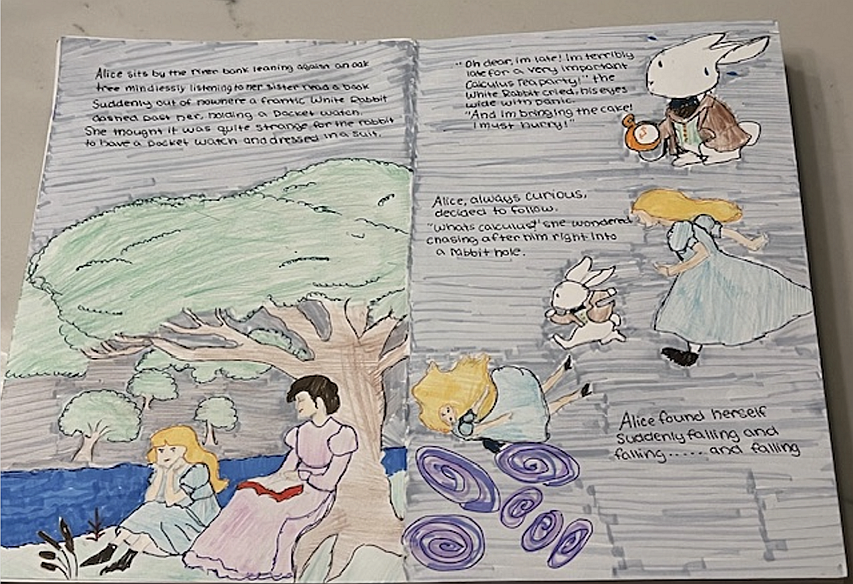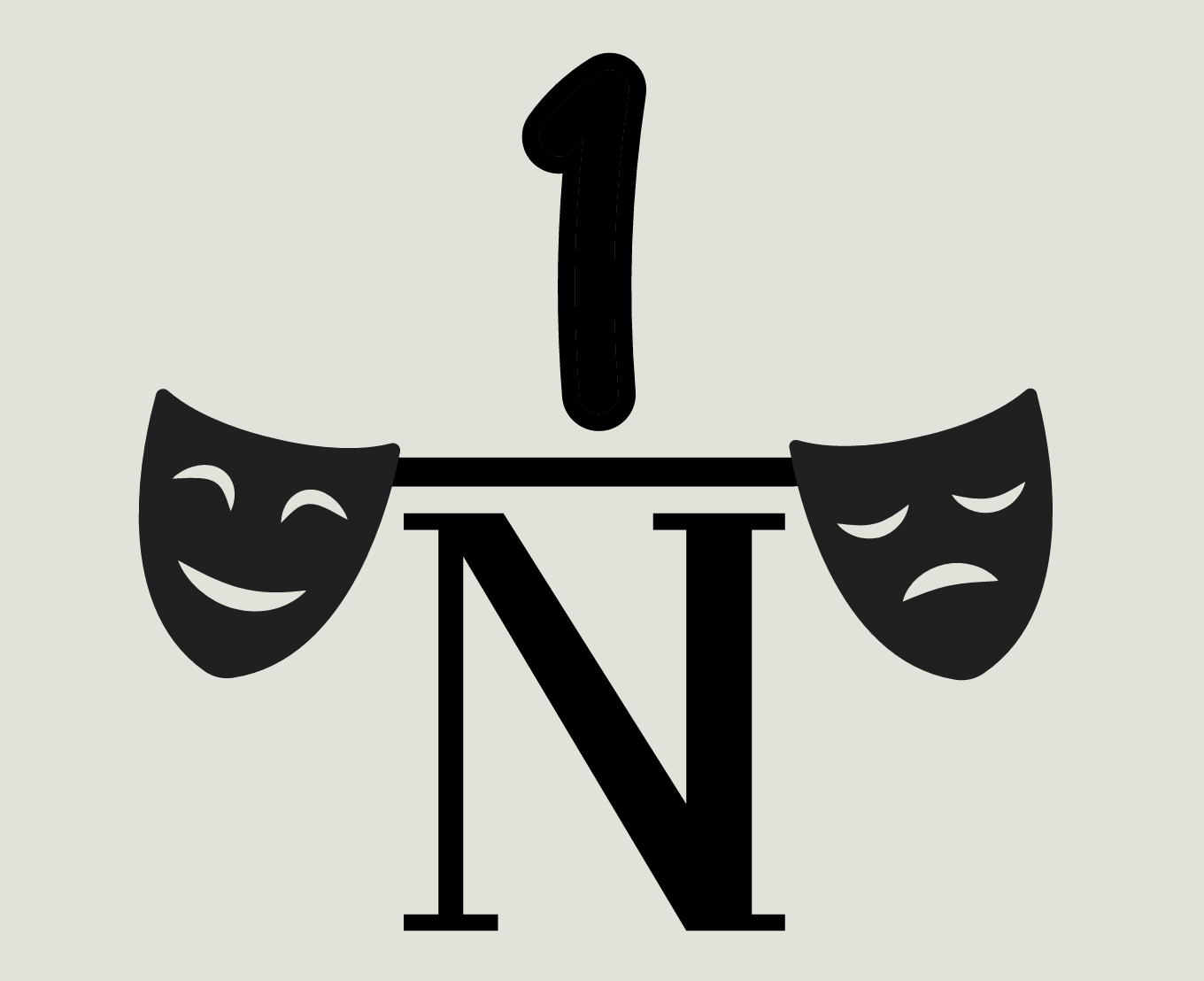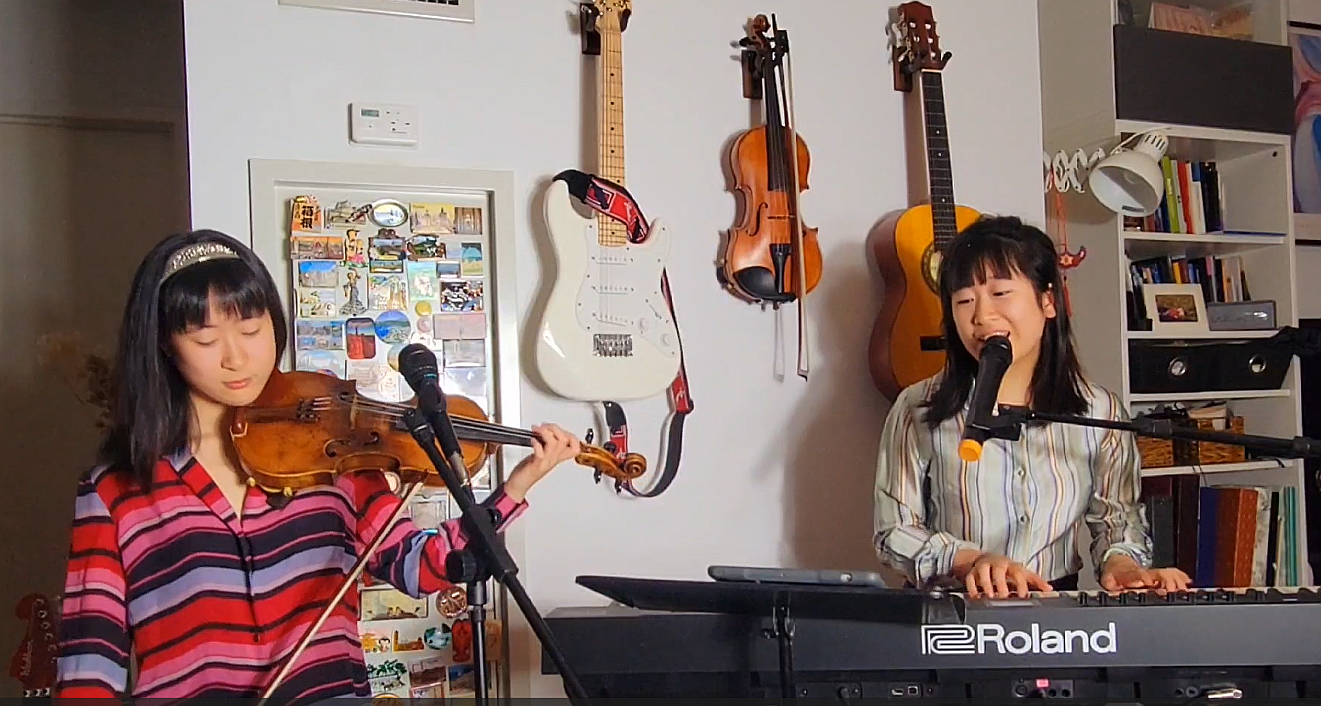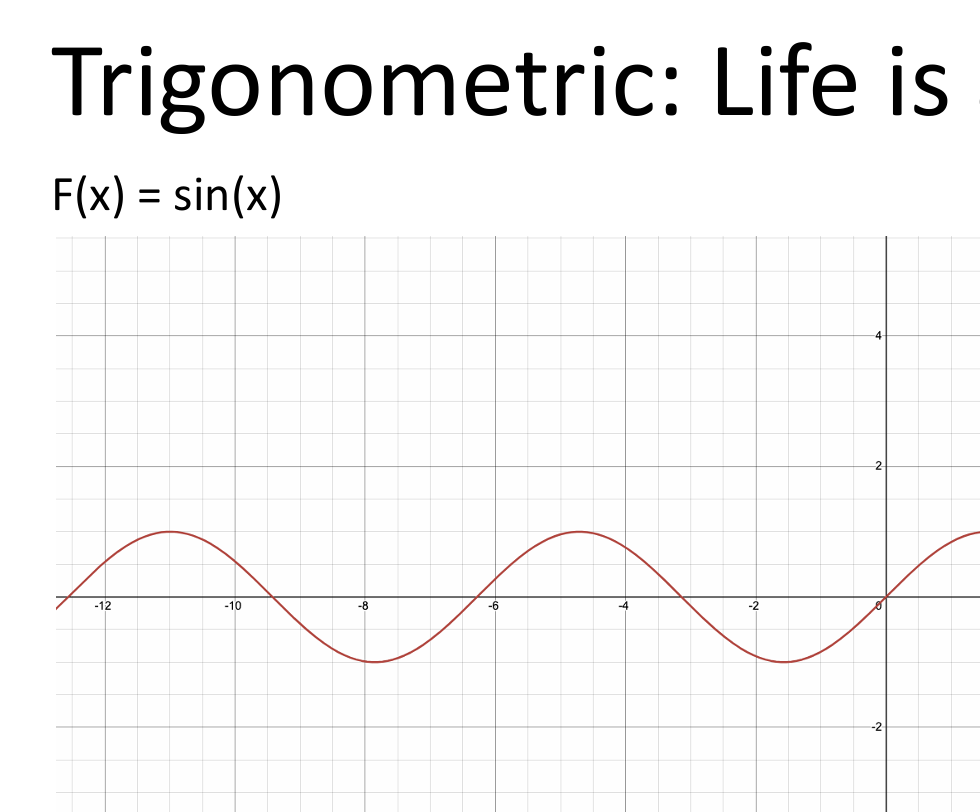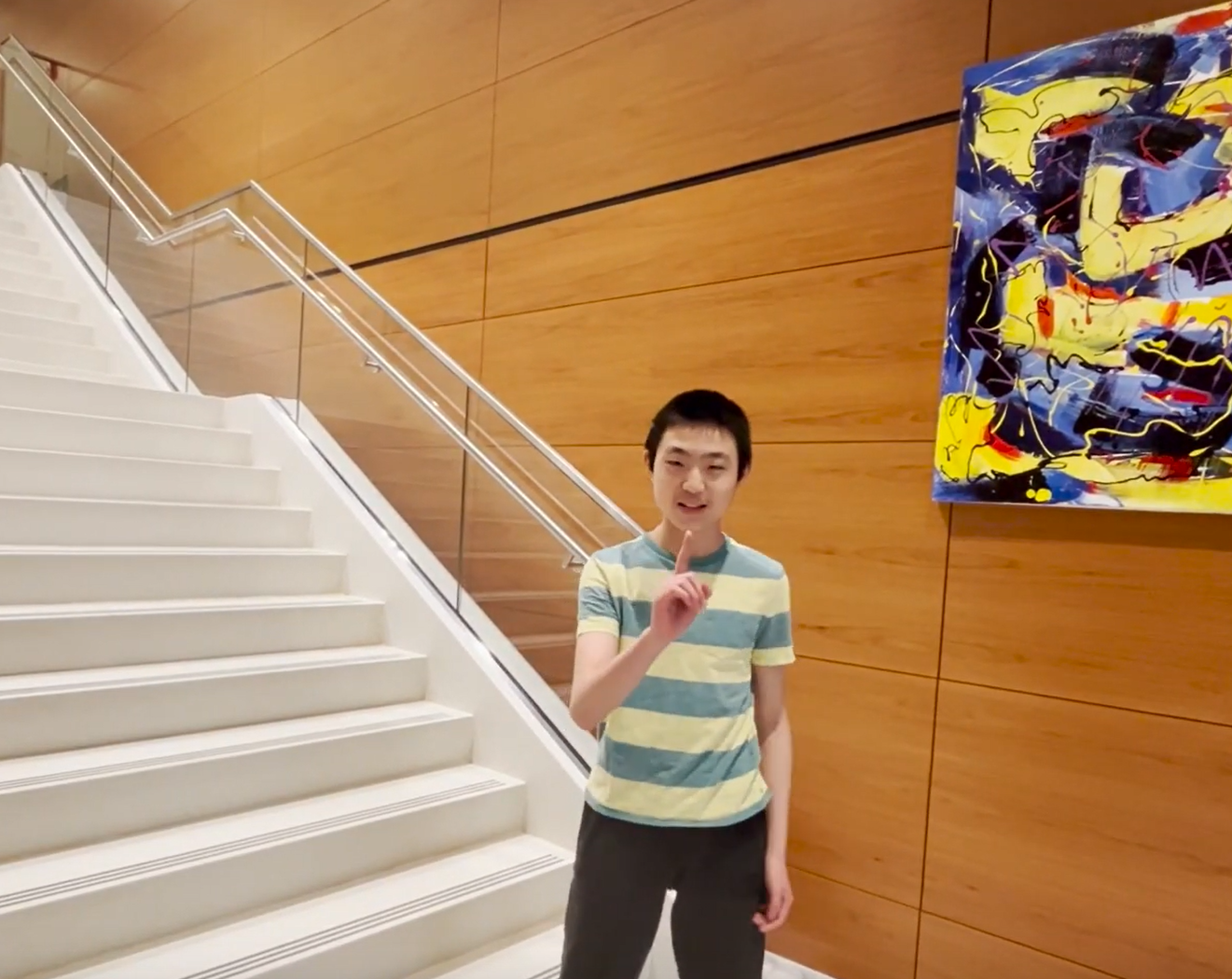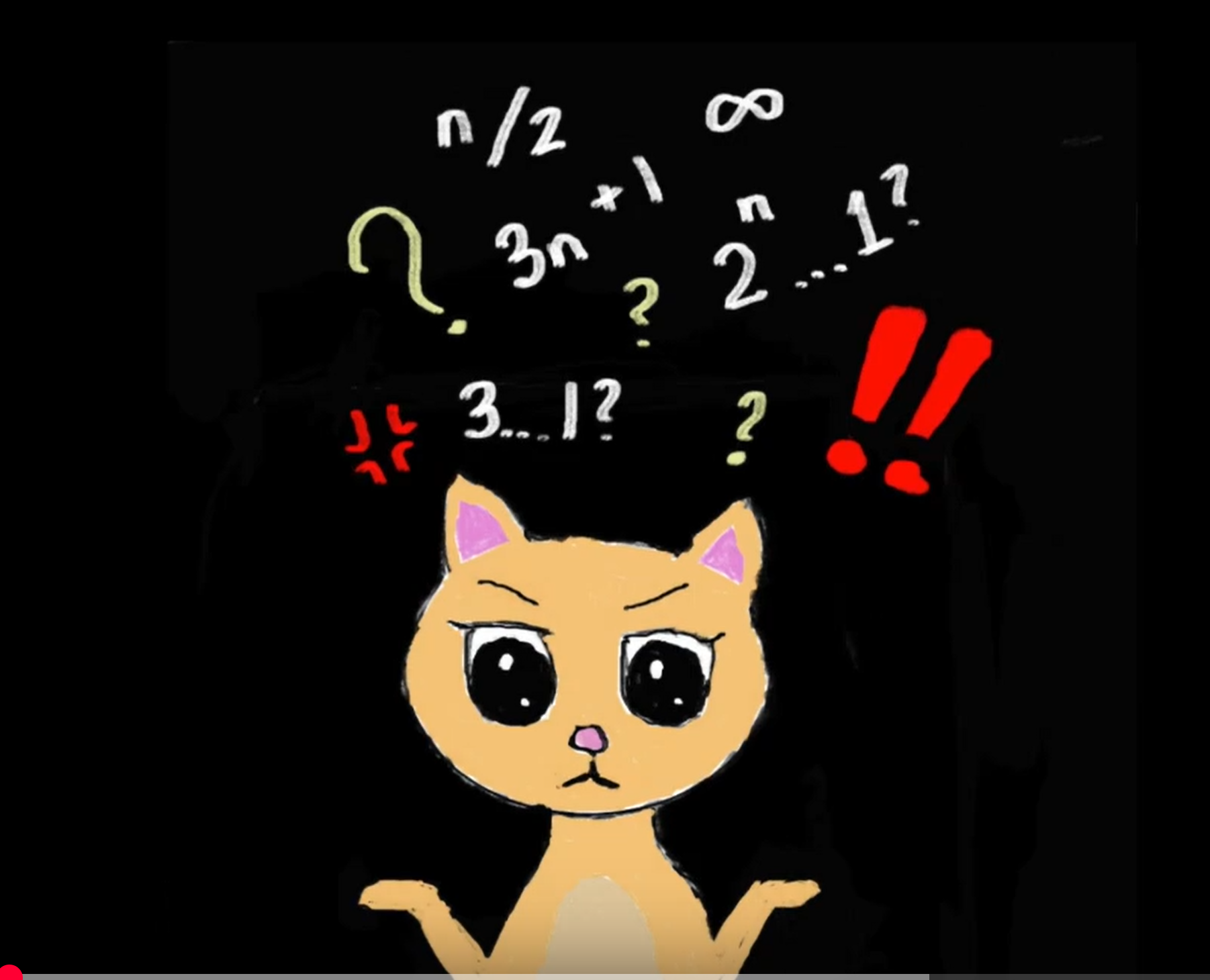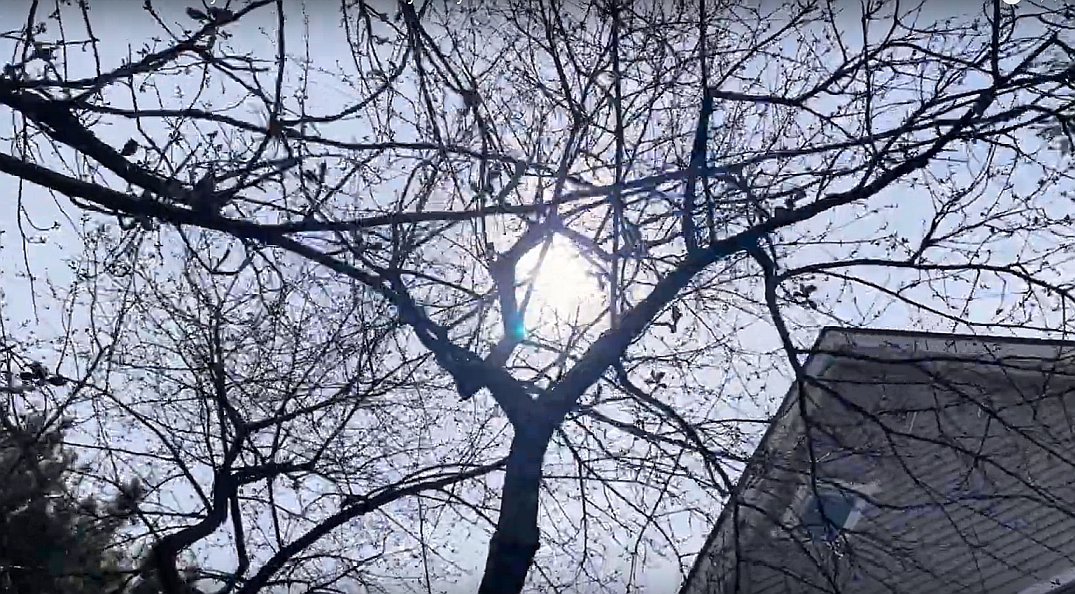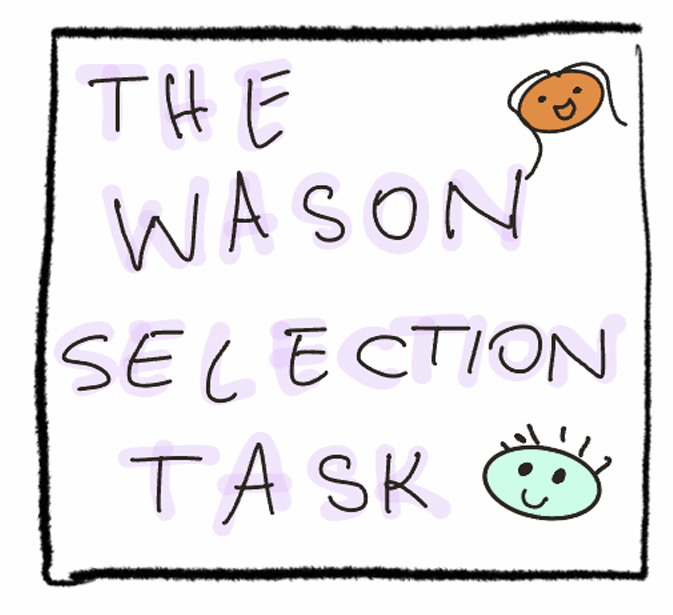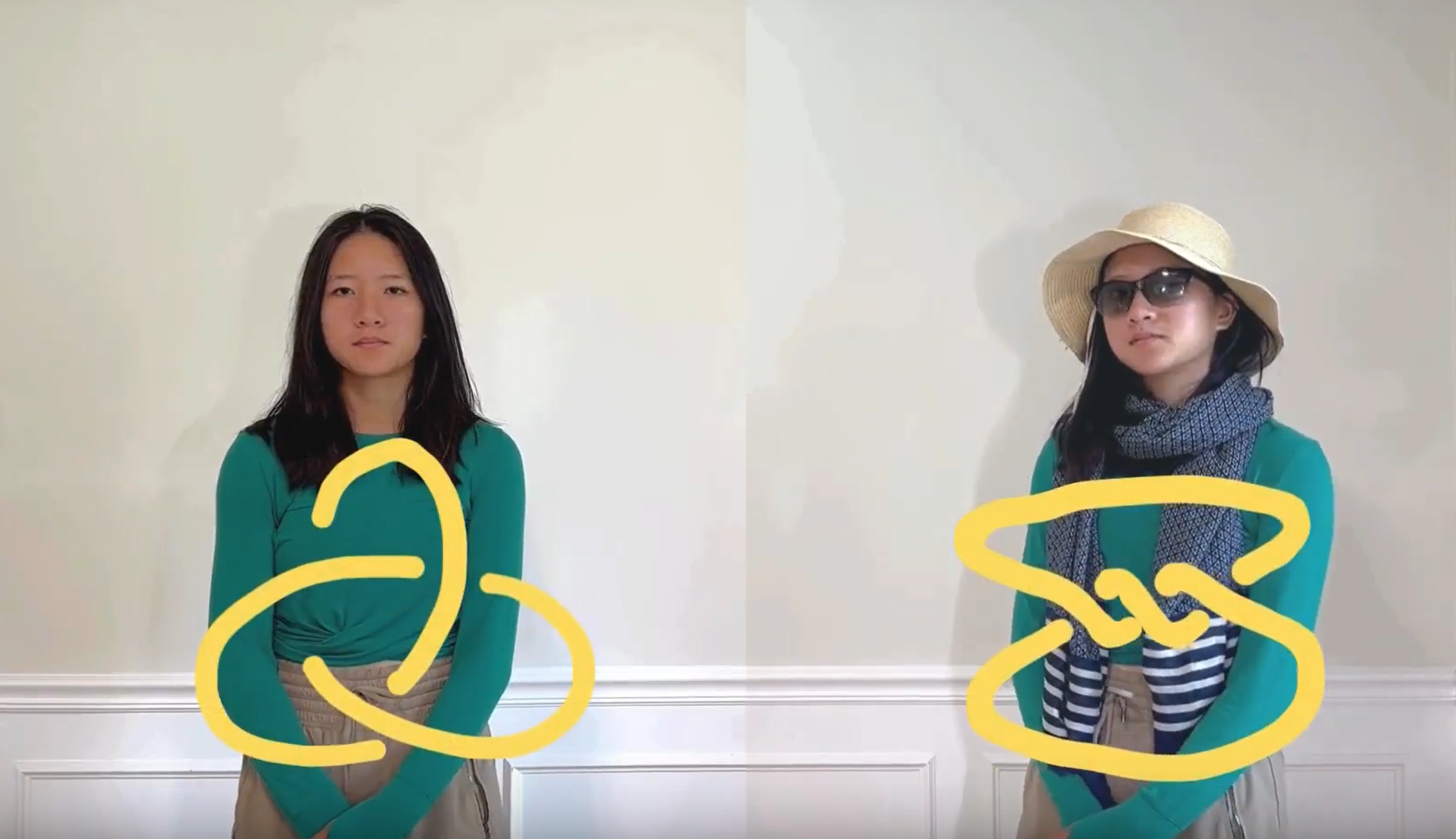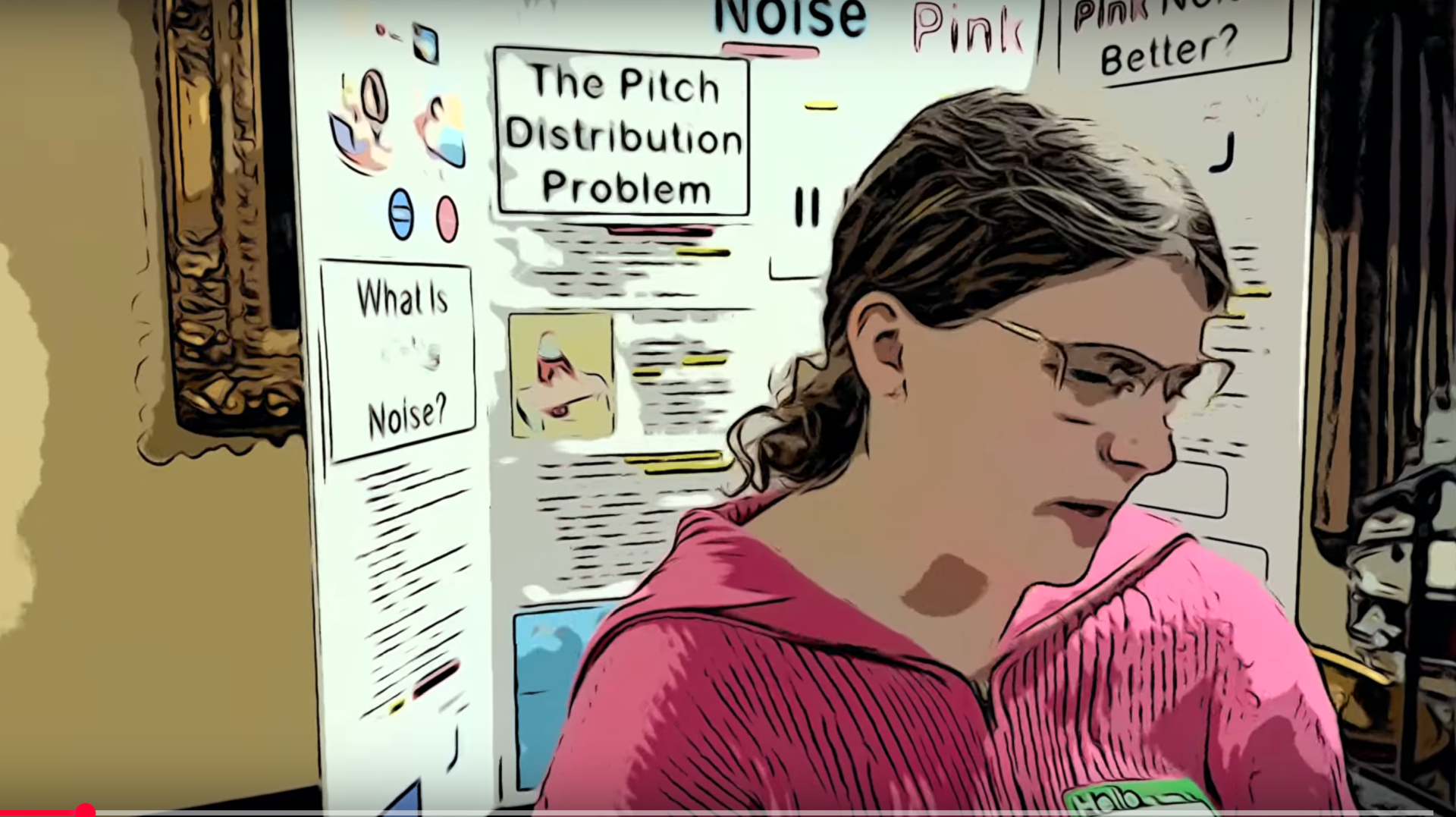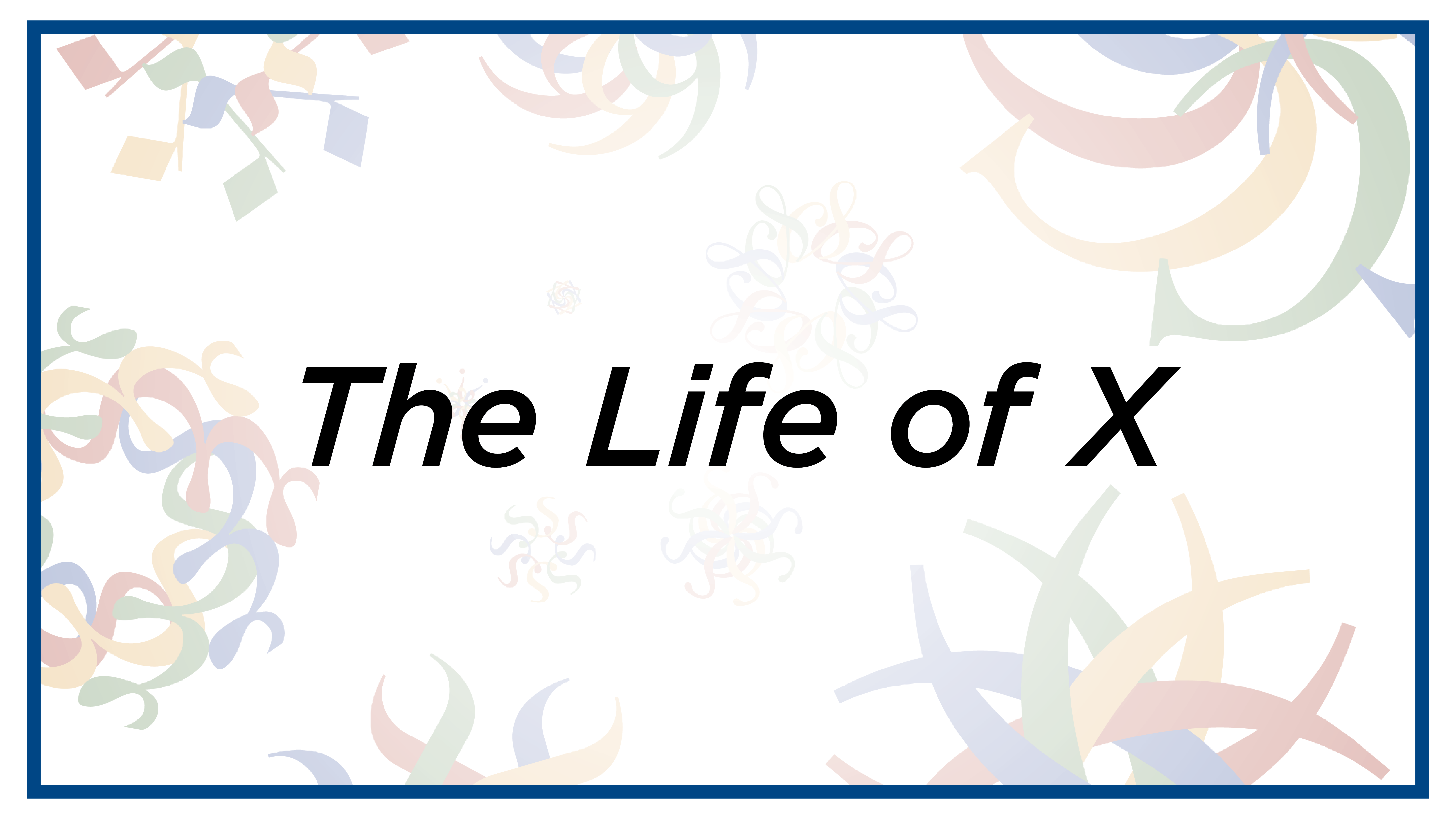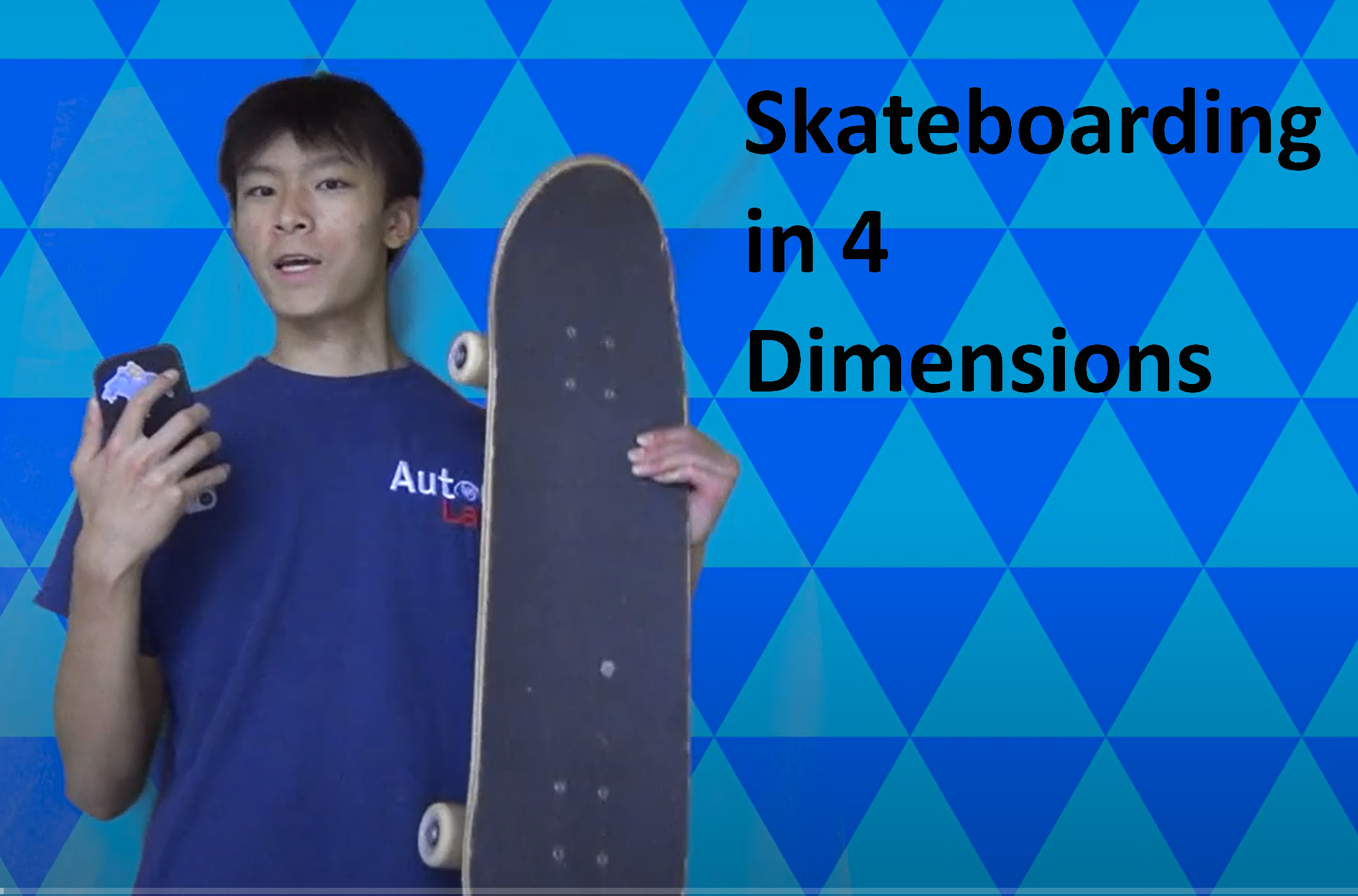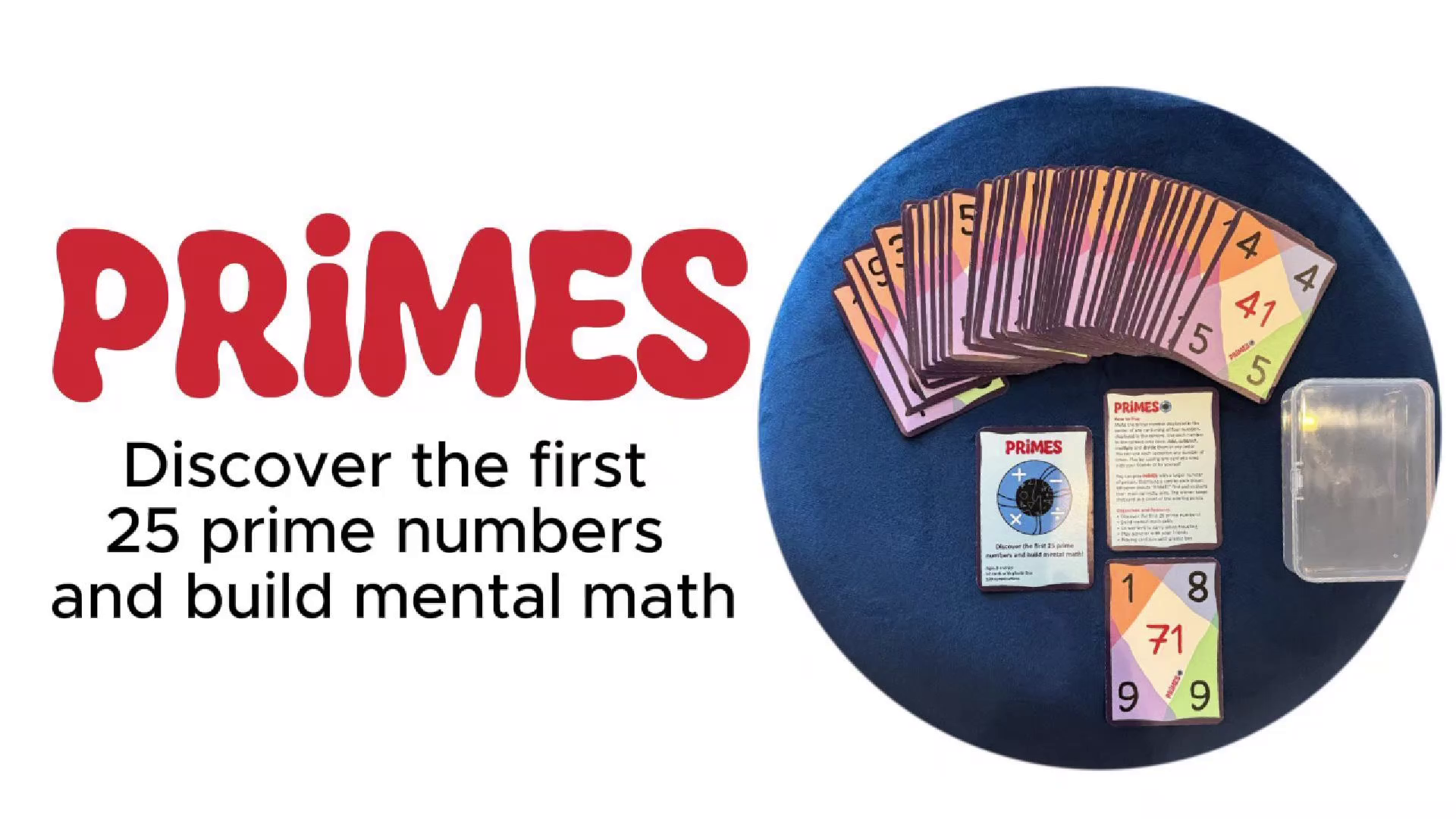Senior Sessions
Once a week
2:00 pm to 2:45 pm ET
(online)
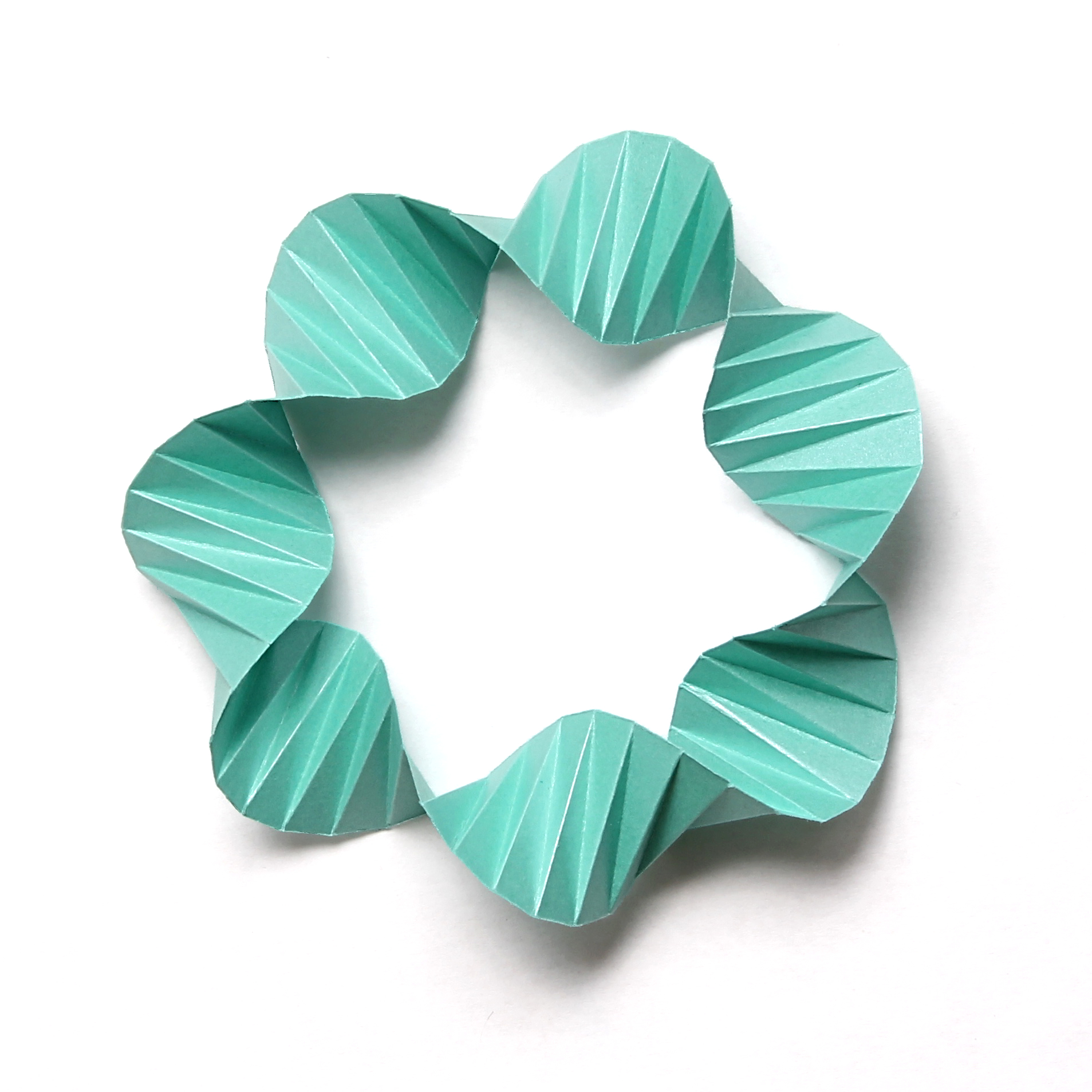

Senior citizens, exercise your brain in 45-minute math sessions! Join MoMath’s experienced presenters for intriguing classes on a variety of stimulating topics, including topology, puzzles, and cryptography. Enjoy the discovery and challenges in these engaging, interactive activities with a collegial cohort of mature minds. Online registration closes 15 minutes before each session begins.
Please note that sessions of the same name are repeated sessions.
“Cryptarithmetic”Thursday, January 29 |
Register |
“Fun on the Square Grid”Tuesday, February 3 |
Register |
“Sensational Puzzles”Wednesday, February 11 |
Register |
“Play like a Mathematician: Bulgarian Solitaire“Thursday, February 19 |
Register |
“Fractal Fascinations”Tuesday, February 24 |
Register |
“Luck, Magic, or Math?”Wednesday, March 4 |
Register |
“Tangram Teasers”Thursday, March 12 |
Register |
“Grids of Life”Tuesday, March 17 |
Register |
“Math in the Corner Pocket”Wednesday, March 25 | Register |
This program is intended for adults; children will not be permitted to attend, and event registrations are non-refundable and non-transferrable.
